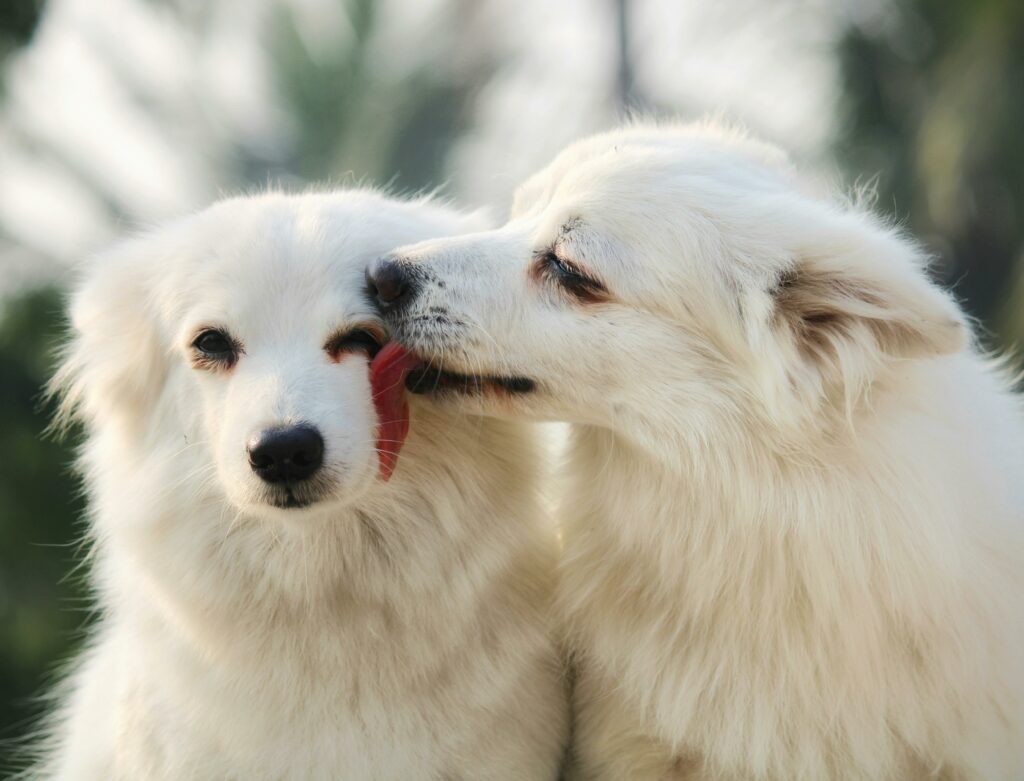
In today’s fast-paced world, developing emotional intelligence and empathy is more important than ever. One of the most natural and rewarding ways to cultivate empathy is through our relationships with pets. By caring for animals, people of all ages learn to better understand and connect with the emotions and needs of others. From fostering compassion to building emotional awareness, empathy skills are deeply intertwined with pets.
In this article, we’ll explore how pets can help us nurture stronger empathy skills and why these lessons are valuable for personal and social development.
Understanding Empathy and Its Importance
Empathy is the ability to understand and share the feelings of others. It’s an essential skill for healthy relationships, emotional regulation, and social harmony. Empathy allows us to connect with people on a deeper level, offering support and compassion when needed. However, cultivating empathy isn’t always straightforward.
For many individuals, interactions with pets provide a non-judgmental space to develop emotional understanding and sensitivity. Pets, whether cats, dogs, or other animals, exhibit emotions and needs that humans can respond to, making them ideal companions for learning empathy.
How Pets Foster Compassion and Emotional Awareness
Empathy skills are closely connected to pets because animals teach us to pay attention to the unspoken cues of others. Animals communicate their needs through body language, behavior, and vocalizations. Caring for a pet requires learning to interpret these signals and respond appropriately.
-
Observing Behavior: For example, a dog might wag its tail when happy or whine when feeling anxious. Recognizing these emotions encourages pet owners to think beyond themselves.
-
Emotional Responsibility: Feeding, grooming, and providing care for pets teach individuals to take responsibility for another being’s well-being. This sense of duty fosters compassion and patience.
-
Non-verbal Communication: Since animals can’t speak, we must rely on other forms of interaction, which heightens our emotional awareness and sensitivity to others.
Over time, these interactions with pets help us become more mindful of people’s emotions in real-life situations.
Pets as Teachers of Unconditional Love
One of the most profound ways pets help develop empathy is through their unconditional love and loyalty. Unlike humans, pets don’t hold grudges or judge us based on our flaws. This unwavering affection can inspire us to approach others with the same kindness and understanding.
-
Forgiveness and Acceptance: If someone makes a mistake with their pet, like accidentally stepping on a paw, the pet quickly forgives and moves on. Observing this behavior encourages us to adopt a more forgiving attitude in our personal relationships.
-
Bonding and Connection: Forming a strong emotional bond with a pet teaches individuals to prioritize others’ feelings and happiness.
By experiencing the unconditional love that pets offer, we learn to extend that same empathy to family, friends, and strangers.
How Pets Help Children Develop Empathy Skills
For children, the connection between empathy skills and pets is particularly strong. Studies have shown that growing up with pets can significantly enhance a child’s emotional and social development.
-
Learning Responsibility: Caring for a pet teaches children the importance of meeting another living being’s needs, fostering a sense of responsibility and compassion.
-
Recognizing Emotions: Children who interact with pets learn to identify emotional states like happiness, fear, and sadness in animals, which helps them understand similar emotions in humans.
-
Building Trust: Pets often become trusted companions for children, providing a safe space to express feelings and build emotional confidence.
As children learn to care for pets, they also develop critical life skills, such as kindness, patience, and nurturing behavior.
Therapy Animals and Their Role in Emotional Healing
Therapy animals provide emotional support for people facing challenges like trauma, anxiety, or loneliness. The presence of animals can have a calming effect, helping individuals process difficult emotions and build stronger emotional connections.
-
Emotional Regulation: Spending time with therapy animals reduces stress and promotes feelings of safety and comfort. This emotional balance encourages individuals to approach relationships with greater understanding.
-
Developing Compassion: Interacting with therapy pets often requires patience and attentiveness, fostering deeper empathy for both animals and people in similar situations.
The use of therapy animals in hospitals, schools, and rehabilitation centers highlights the transformative power of empathy skills in emotional healing.
Empathy Skills in Adults: Strengthening Relationships Through Pets
While pets are excellent companions for children, adults also benefit greatly from their relationships with animals. Pets help adults develop empathy in ways that can strengthen personal and professional relationships.
-
Stress Reduction: Pets provide a calming presence that reduces stress and improves mental clarity. This emotional relief allows individuals to approach relationships with greater compassion and understanding.
-
Improving Communication Skills: Understanding non-verbal cues from pets translates into better listening and communication skills with people.
-
Supporting Mental Health: Caring for pets encourages adults to practice patience, responsibility, and kindness, all of which contribute to stronger emotional connections.
By improving these foundational skills, adults can apply the lessons learned from pets to foster healthier interactions in their everyday lives.

Scientific Evidence: Pets and Empathy Development
A meta-analytic review published by researchers at Singapore Management University highlights the significant link between human-animal interaction (HAI) and prosocial behaviors like empathy. Analyzing over 20 studies involving 4,116 participants, the review found that human exposure to animals, whether through pet ownership or short-term interactions, positively enhances empathy and prosociality.
The study revealed that:
-
Interactions with mammals, particularly pets like cats and dogs, are linked to measurable increases in prosocial behavior and emotional understanding.
-
The oxytocin hypothesis explains this connection: interacting with animals promotes the release of oxytocin, often called the “love hormone”. This hormone fosters feelings of emotional connection, trust, and empathy.
The findings emphasize the powerful role that animals play in shaping emotional and social development. Whether integrated into therapeutic settings, educational environments, or everyday life, interactions with pets provide a valuable opportunity to strengthen empathy skills and emotional regulation.
Conclusion: Building a More Empathetic World Through Pets
The relationship between empathy skills and pets is a powerful testament to how animals enrich our emotional lives. By teaching us compassion, responsibility, and emotional awareness, pets help us become better individuals and foster stronger, more empathetic relationships with others.
From children learning to care for their furry friends to adults finding comfort and companionship in their pets, the lessons we gain are invaluable. As we embrace the empathy that pets inspire, we can apply these skills to create a kinder, more understanding world.
Jun Hao is a passionate advocate for pet adoption, care, and volunteering. With a heart dedicated to giving animals another chance, Jun Hao spends his days promoting the joys of rescuing and rehoming pets.
“Every pet deserves love and care, and I’m here to support their journey.”
Share this:
- Click to share on WhatsApp (Opens in new window) WhatsApp
- Click to share on Facebook (Opens in new window) Facebook
- Click to share on LinkedIn (Opens in new window) LinkedIn
- Click to share on Pinterest (Opens in new window) Pinterest
- Click to share on Tumblr (Opens in new window) Tumblr
- Click to share on X (Opens in new window) X
- Click to share on Reddit (Opens in new window) Reddit
- Click to share on Telegram (Opens in new window) Telegram
- Click to email a link to a friend (Opens in new window) Email
- Click to print (Opens in new window) Print































